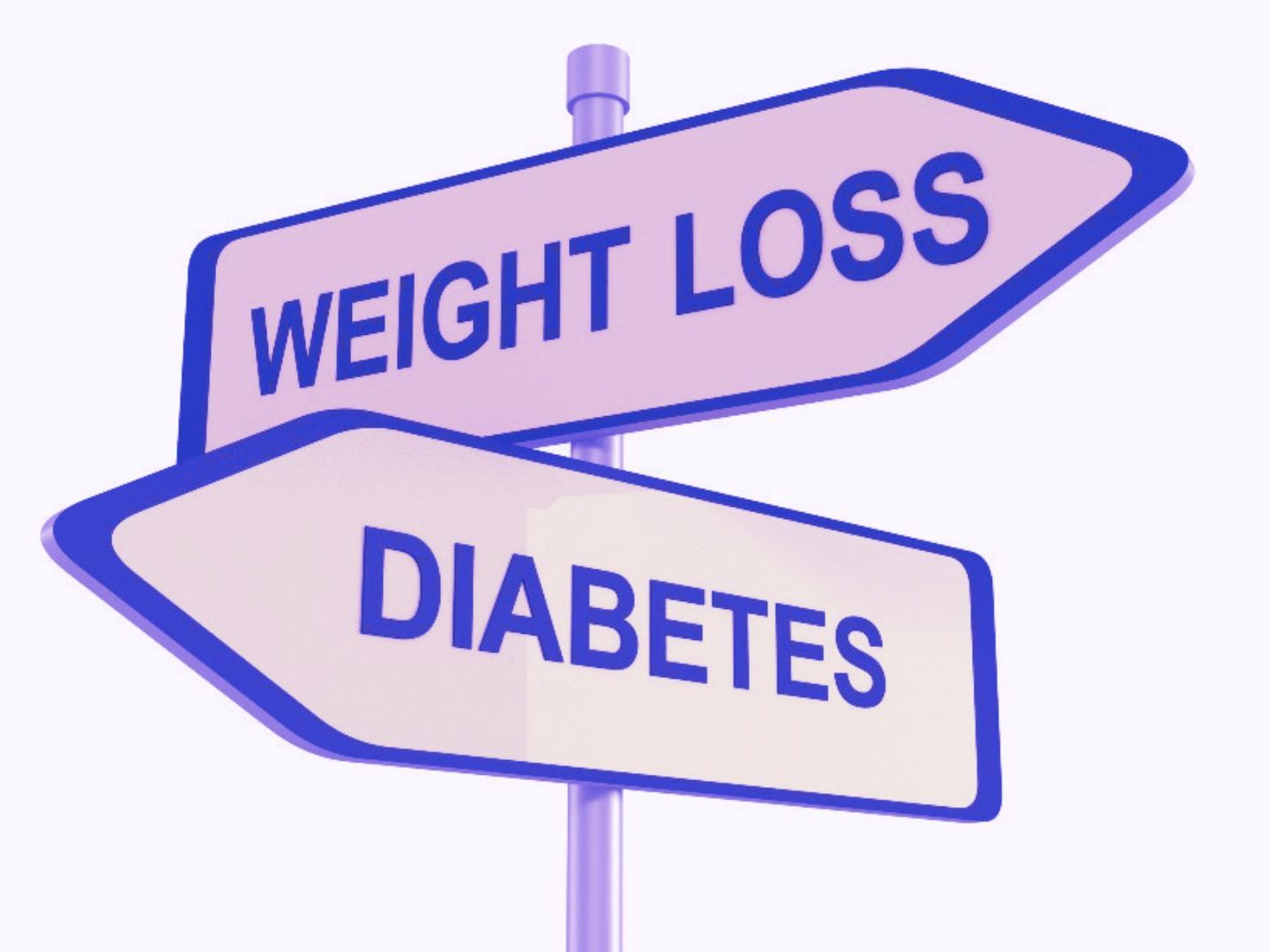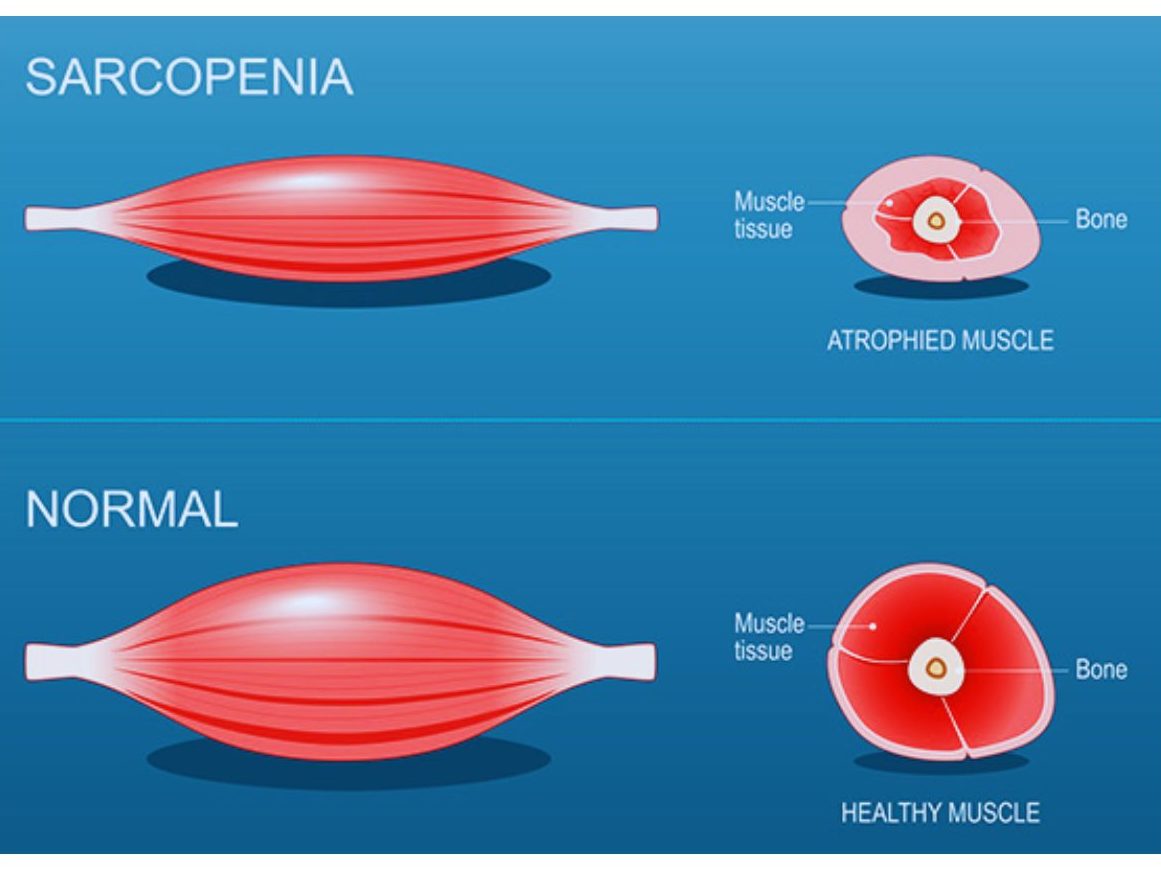
- 277
- 0
Diabetes and Unintended Weight Loss: A Hidden Challenge

When we think about diabetes, weight gain, and obesity often come to mind. But did you know that people with diabetes, particularly those with type 1 and uncontrolled type 2 diabetes, are also at risk of unintended weight loss? This phenomenon can be a hidden challenge, causing significant health complications if left unmanaged (Hill et al., 2013; Kalyani et al., 2020).
Why Does Diabetes Cause Unintended Weight Loss?

For individuals with type 1 diabetes, one of the first indicators of the condition is often weight loss. The body has difficulty producing insulin, the hormone that facilitates the entry of glucose into cells for energy. When insulin levels are inadequate, the body starts to break down fat and muscle for energy, leading to rapid and unhealthy weight loss (Ertugrul et al., 2017).
In type 2 diabetes, while insulin resistance is more common, unintended weight loss can occur when blood sugar levels remain too high (a condition known as hyperglycemia). The body, unable to effectively utilize glucose, begins to rely on alternative energy sources like fat reserves and muscle tissue, resulting in weight loss (Schwartz et al., 2016).
The Dangers of Unintended Weight Loss in Diabetes
Unintended weight loss in a diabetic person is not just a cosmetic issue; it can signal more serious health problems (Blaum et al., 2015). Research indicates that sudden and unintentional weight loss can increase the risk of complications, including:

- Muscle Wasting: When the body breaks down muscle tissue for energy, it leads to muscle loss, a condition known as sarcopenia (Roubenoff, 2003; Leenders et al., 2013). Research suggests that this muscle wasting increases frailty and makes people with diabetes more prone to falls, injuries, and long-term disability.
- Nutritional Deficiencies: Unintentional weight loss can result in poor nutrition. People with diabetes who lose weight unintentionally may not be getting enough essential nutrients like protein, vitamins, and minerals, which are critical for overall health. A study published in The American Journal of Clinical Nutrition highlighted that malnutrition in people with diabetes can lead to impaired immune function, slower wound healing, and increased risk of infection.
- Increased Mortality Risk: Uncontrolled diabetes accompanied by significant weight loss is a strong indicator of poor disease management. According to research in Diabetes, Obesity, and Metabolism, patients with diabetes experiencing unintended weight loss had a higher mortality rate compared to those with stable weight. This underscores the importance of early detection and management of weight loss in diabetes.
How to Address and Prevent Weight Loss in Diabetes
It’s essential to recognize and address unintended weight loss in diabetes before it leads to more severe complications. Here are some key steps:
- Blood Sugar Management: The cornerstone of preventing weight loss in diabetes is effective blood sugar management. This includes regular blood sugar monitoring, medication adherence, and adjusting insulin doses as needed.
- Nutrient-Dense Diet: To encounter weight loss, a focus on nutrient-dense, high-calorie foods is essential. Incorporating foods rich in healthy fats, proteins, and complex carbohydrates can help restore lost weight. Research published in Diabetes Spectrum emphasizes the importance of a balanced diet in preventing muscle breakdown and maintaining energy levels.
For personalized guidance on a nutrient-dense diet, consider connecting with our expert diet team
- Physical Activity: While it may seem counterintuitive, strength-training exercises can help individuals with diabetes regain muscle mass and prevent further muscle loss. Research indicates that resistance training not only boosts muscle strength but also enhances insulin sensitivity and supports healthy weight management (Yardley et al., 2014).
- Addressing Underlying Conditions: Weight loss may sometimes be linked to underlying conditions, such as diabetic ketoacidosis (DKA) or gastrointestinal issues, including gastroparesis. A thorough medical evaluation is crucial in identifying the root cause of weight loss and tailoring treatment accordingly. According to a review published in Diabetic Medicine, early intervention in conditions like DKA can prevent significant weight loss and improve overall outcomes (Umpierrez et al., 2002).
Psychological Impacts of Weight Loss in Diabetes

In addition to the physical risks, unintended weight loss can have a significant psychological impact. (Peyrot et al., 2005). Individuals with diabetes frequently encounter anxiety or depression when facing unexplained weight loss, as it may signal the progression of their condition. Studies show that improving emotional health is a key part of managing diabetes and preventing further complications.
Final Thoughts: Tackling the Weight Loss Problem in Diabetes
While the focus of diabetic management often revolves around preventing weight gain, the issue of unintended weight loss should not be overlooked. Rapid or unexplained weight loss may indicate poor blood sugar control or serious complications, highlighting the need for medical attention.
If you or someone you know with diabetes is experiencing unintended weight loss, it’s crucial to speak with a healthcare provider. With proper management, including stabilizing blood sugar, eating a nutrient-rich diet, and engaging in resistance training, weight loss can be controlled, and long-term health can be preserved.
By understanding the complexities of diabetes and weight loss, both healthcare providers and patients can work together to achieve better health outcomes.
References:
- Blaum, C.S., Xue, Q.L., Tian, J., & Semba, R.D. (2015). Diabetes, weight loss, and frailty in older adults. Journal of the American Geriatrics Society, 53(11), 2029-2036.
- Ertugrul, B.M., Sheehy, A., & King, C. (2017). Unintended weight loss in a type 1 diabetes patient. Clinical Diabetes, 35(4), 205-210.
- Hill, K., Williams, S., & Chadwick, J. (2013). Unintended weight loss in type 1 diabetes. Endocrine Today, 17(10), 44-45.
- Kalyani RR, Metter EJ, Xue QL, Egan JM, Chia CW, Studenski S, Shaffer NC, Golden S, Al-Sofiani M, Florez H, Ferrucci L. The relationship of lean body mass with aging to the development of diabetes. Journal of the Endocrine Society. 2020 Jul;4(7): bvaa043.
- Leenders, M., Verdijk, L.B., Van der Hoeven, L., et al. (2013). Patients with type 2 diabetes show a greater decline in muscle mass, muscle strength, and functional capacity with aging. The Lancet Diabetes & Endocrinology, 1(1), 5-7.
- Peyrot, M., Rubin, R.R., Lauritzen, T., et al. (2005). Psychosocial problems and barriers to improved diabetes management: results of the cross-national Diabetes Attitudes, Wishes and Needs (DAWN) study. Diabetes Spectrum, 18(3), 136-142.
- Roubenoff, R. (2003). Sarcopenia and its implications for the elderly. The American Journal of Clinical Nutrition, 72(5), 1273-1280.
- Schwartz, A.V., Vittinghoff, E., Sellmeyer, D.E., et al. (2016). Diabetes-related complications and skeletal muscle loss: the risk of falls and fractures. Diabetes Research and Clinical Practice, 30(2), 150-157.
- Umpierrez, G.E., Murphy, M.B., & Kitabchi, A.E. (2002). Diabetic ketoacidosis and hyperglycemic hyperosmolar syndrome. Diabetes & Metabolic Syndrome: Clinical Research & Reviews, 16(9), 164-170.
- Yardley, J.E., Sigal, R.J., Perkins, B.A., et al. (2014). Resistance exercise in type 2 diabetes. Diabetes Care, 37(3), 765-772.
Comment
Check Your EGFR
***We Promise, no spam!







